Submitted by WA Contents
Harvard Art Museums presents a comprehensive new digital resource on the Bauhaus
United States Architecture News - Aug 16, 2016 - 20:39 19322 views
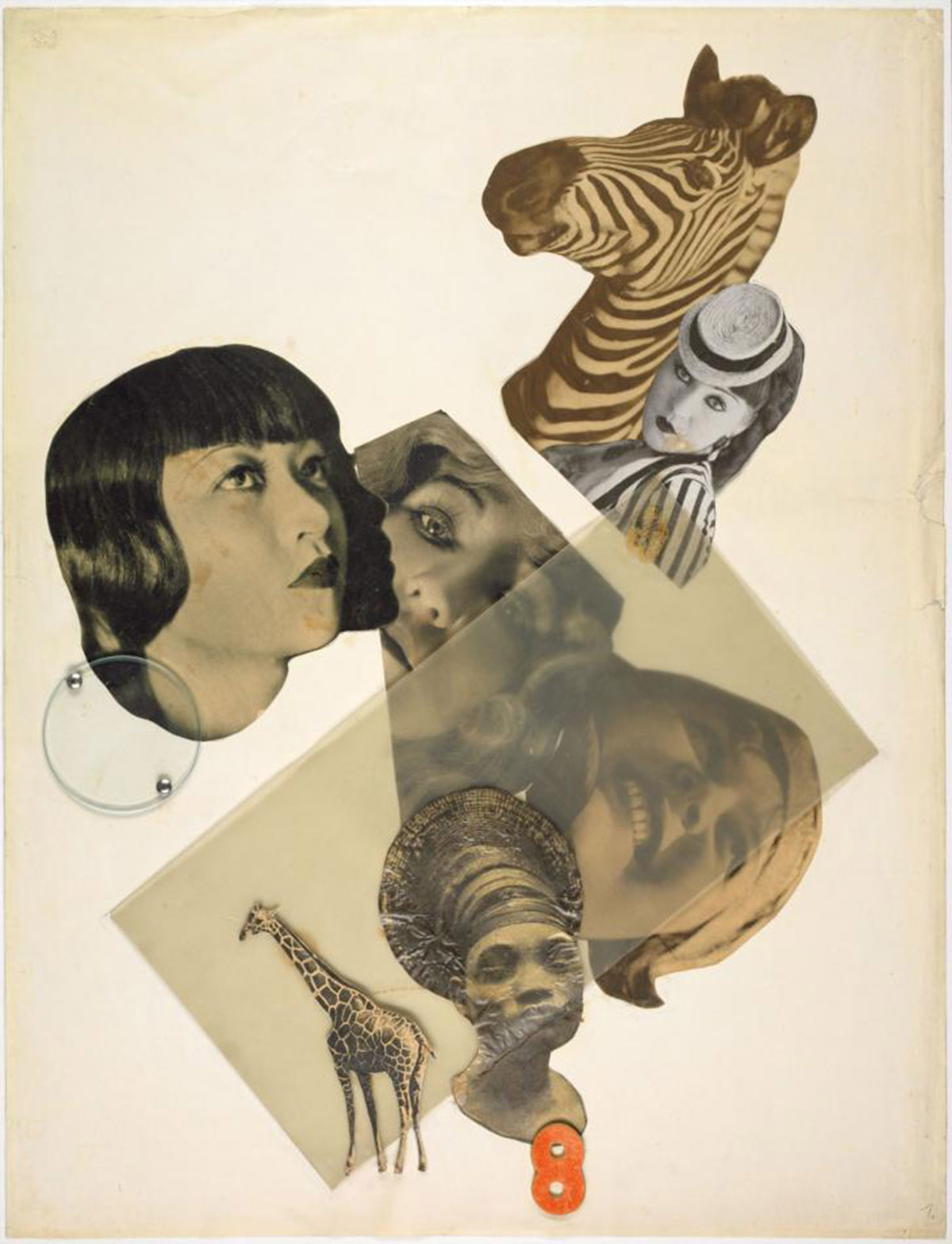
The Harvard Art Museums have unveiled a new online resource dedicated to the Bauhaus, expanding access to one of the first and largest Bauhaus collections in the world. The Bauhaus Special Collection, available on its website, supports understanding of and scholarship on the 20th century’s most influential school of art and design, in addition to the school’s extensive ties to Harvard University and the greater Boston area.
The digital resource relates to a broader Bauhaus project that will culminate in a major exhibition and related programming across the Harvard campus in 2019 on the occasion of the centennial anniversary of the founding of the school.
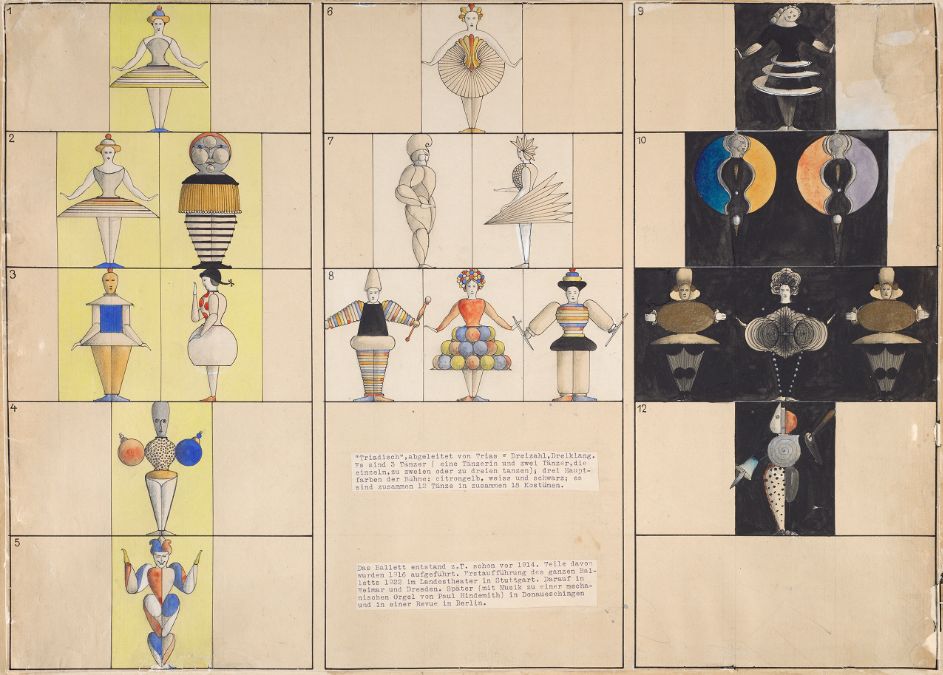
Oskar Schlemmer, Costume Designs for the "Triadic Ballet," 1926, Harvard Art Museums/Busch-Reisinger Museum, Museum Purchase, BR50.428.
''The Busch-Reisinger Museum’s Bauhaus-related holdings make up nearly three-fourths of its total collection,” said Lynette Roth, Daimler Curator of the Busch-Reisinger Museum at the Harvard Art Museums. “In light of the upcoming 100th anniversary of the school’s founding, we wanted to encourage the study of these collections and better understand the history and significance of Harvard’s own Bauhaus legacy.''
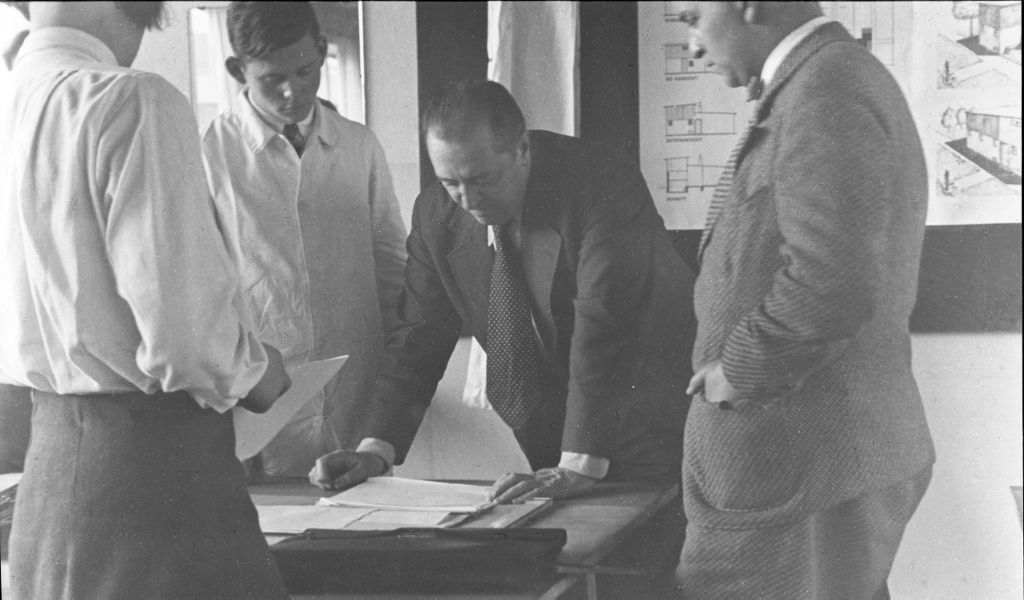
Pius Pahl, Ludwig Mies van der Rohe with Students at the Bauhaus, Dessau, 1930-1931, Harvard Art Museums/Busch-Reisinger Museum, Gift of Howard Dearstyne, BR50.36.
This new online special collection gives access to the records of more than 32,000 Bauhaus-related objects in the museums’ holdings, including paintings, drawings, prints, sculpture, photography, textiles, and other media. These are complemented by materials in the museums’ archives, such as photographs, writings, and class notes.
The resource features works by such prominent Bauhaus artists as Josef and Anni Albers, Marcel Breuer, Wassily Kandinsky, Paul Klee, and László Moholy- Nagy, and also includes the archives of artist and Bauhaus master Lyonel Feininger and the school’s founder, Walter Gropius. Works by many lesser-known figures associated with the school and Americans educated in the Bauhaus model are part of the collection as well.
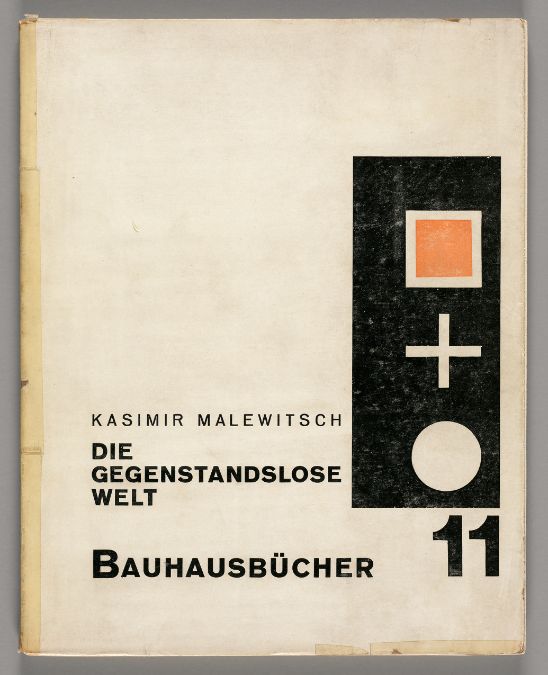
''We wanted to create a central place to organize the Harvard Art Museums’ Bauhaus materials to help students, scholars, and the public find their way through the collections and discover new artists and objects,” said Robert Wiesenberger, the 2014–16 Stefan Engelhorn Curatorial Fellow in the Busch- Reisinger Museum at the Harvard Art Museums.
“In short,” Wiesenberger added, “to make good on the founding promise of this being a study collection.'' During his fellowship, Wiesenberger was charged with developing this online Special Collection, which he fully realized through deep research, careful cataloging, and coordination with the museums’ web team.
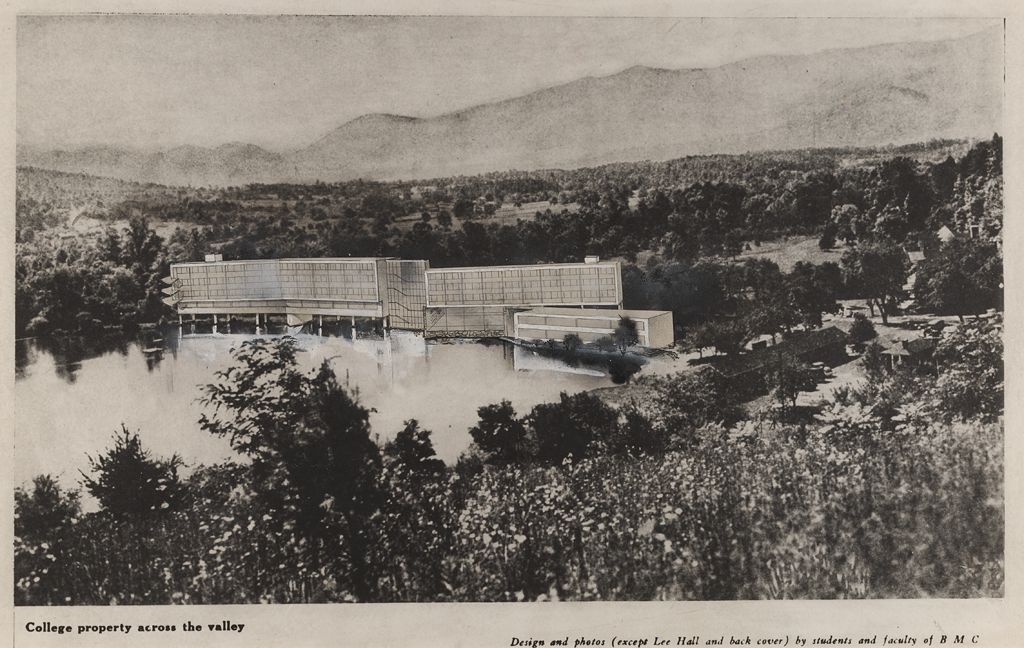
Walter Gropius and Marcel Breuer, Project for Black Mountain College, Lake Eden, North Carolina: Perspective, college seen across the valley, Harvard Art Museums/Busch-Reisinger Museum, Gift of Walter Gropius, BRGA.87.4 /1933
The Bauhaus Special Collection aims to broaden awareness of both the Bauhaus and its afterlife in America, and at Harvard University in particular. Accessible by users of mobile and desktop platforms, all sections of the resource are navigable by a menu bar at the top of each page. The collection begins with a chronology of the school’s activities in Germany and the United States.

Wilhelm Wagenfeld, Coffee and Tea Service: 5-Piece Set, Harvard Art Museums/Busch-Reisinger Museum, Gift of Hanna Lindemann, 1924-1925.
The Holdings section presents a new way of looking at the Harvard Art Museums’ Bauhaus-related works, enabling easier access to online records of objects. Topics in this section group objects by different facets of the school, allowing a researcher to navigate the collections by media (painting and sculpture, photography, etc.), by discipline (architecture), and by theme, such as “The Bauhaus at Harvard,” “Pedagogy,” and “Typography,” in order to discover new material. Bauhaus artists, as well as students of those artists (and in some cases, even students of students), are searchable, as are time periods, techniques/mediums, and more.
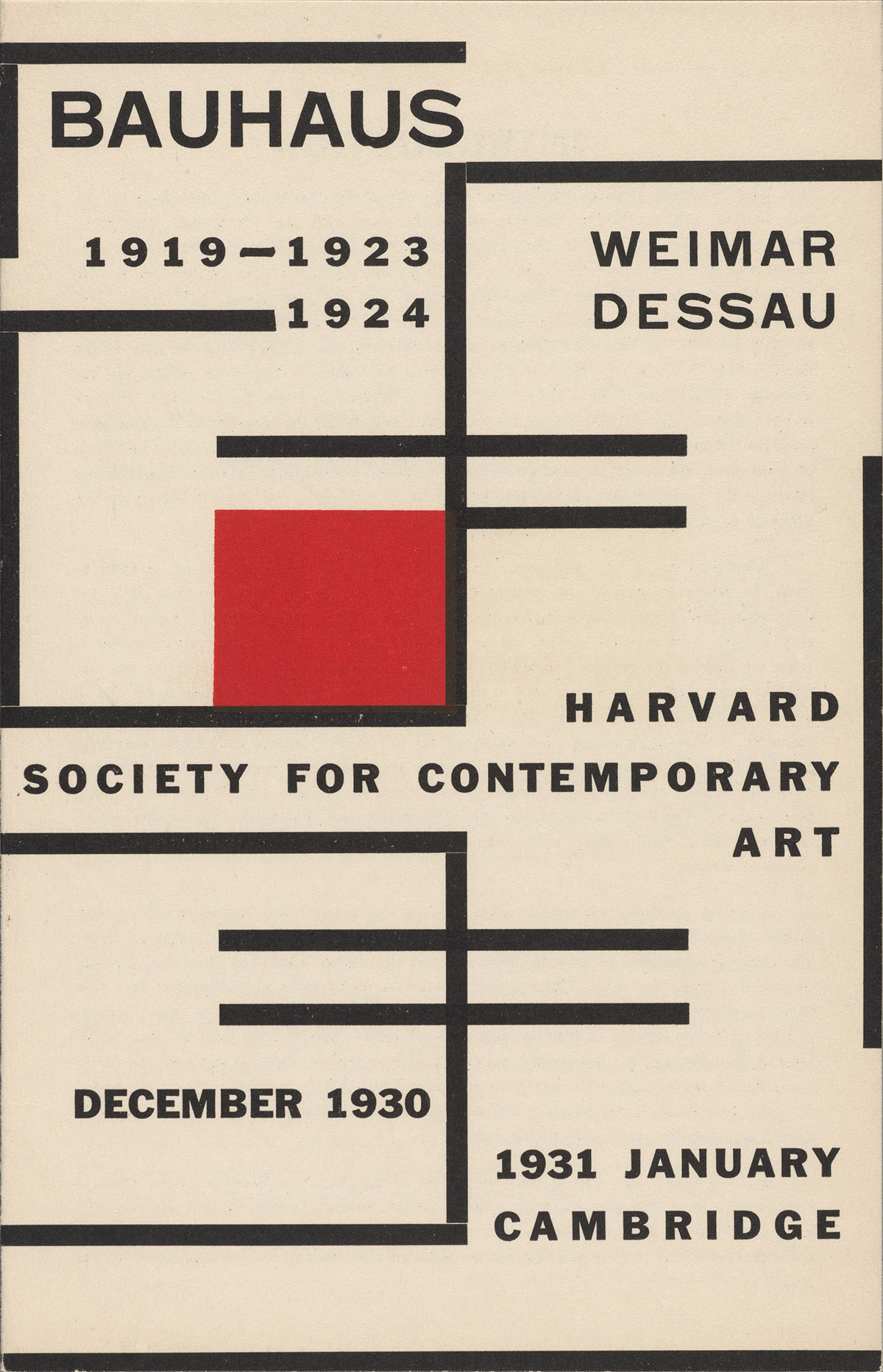
Catalogue for Bauhaus: Weimar, 1919–23; Dessau, 1924, Harvard Society for Contemporary Art, December 1930–January 1931. Records of the Harvard Society for Contemporary Art, 1929-1936, HUD 3298, box 1, Harvard University Archives.
A section dedicated to Wiesenberger’s essay “The Bauhaus and Harvard” provides an account of how the history of the Bauhaus is linked intimately with the history of Harvard, and how Cambridge and the greater Boston area became a hub for modernist design in America.
The Bauhaus Special Collection also includes a comprehensive list of Bauhaus-related archives and exhibitions held across Harvard and an extensive bibliography. An annotated map shows the locations of institutions and archives affiliated with the school in and around Boston, as well as architectural points of interest, including the Gropius House in Lincoln, the John F. Kennedy Federal Building, and many lesser-known projects.
These resources should fuel future Bauhaus research and catalyze new engagement with the collection, particularly through the museums’ Art Study Center.
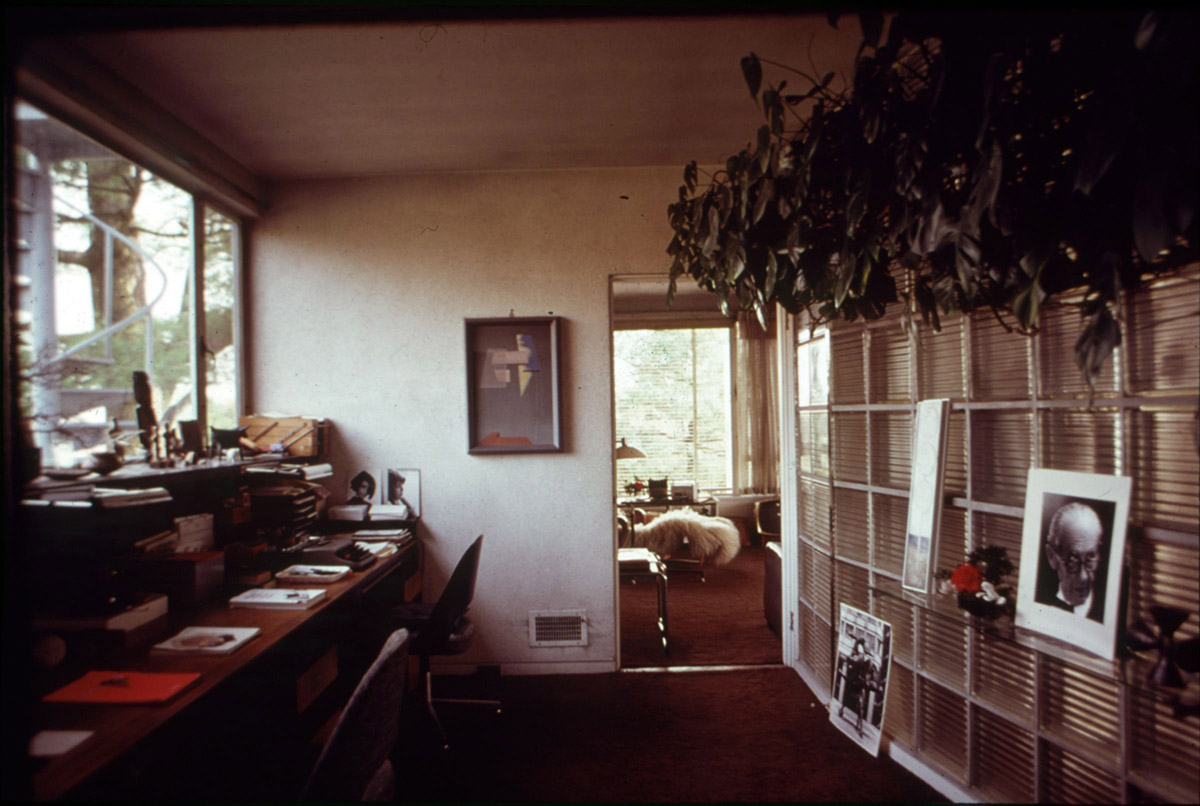
Photograph of Walter Gropius's Study, looking into the Living Room, Gropius House, Lincoln, Massachusetts, n.d. Walter Gropius Papers, Harvard Art Museums Archives.
As the Harvard Art Museums prepare for the 2019 Bauhaus exhibition, showcasing its collections and other related centennial events, the hope is that this Special Collection will serve multiple audiences. “It’s amazing material,” Wiesenberger said. “This resource makes these rich collections accessible to a wider audience.”
Other Special Collections on the museums’ website provide a comprehensive look at diverse areas of the Harvard Art Museums’ holdings, including ancient Mediterranean and near eastern bronzes, photographs of the Gordon Ward Gahan Collection, the collection of photography and documentary items from Harvard’s Social Museum (1903–1931), and the Busch-Reisinger Museum’s collection of photography by Lyonel Feininger.
Top image courtesy of Harvard Art Museums
> via harvardartmuseums.org
